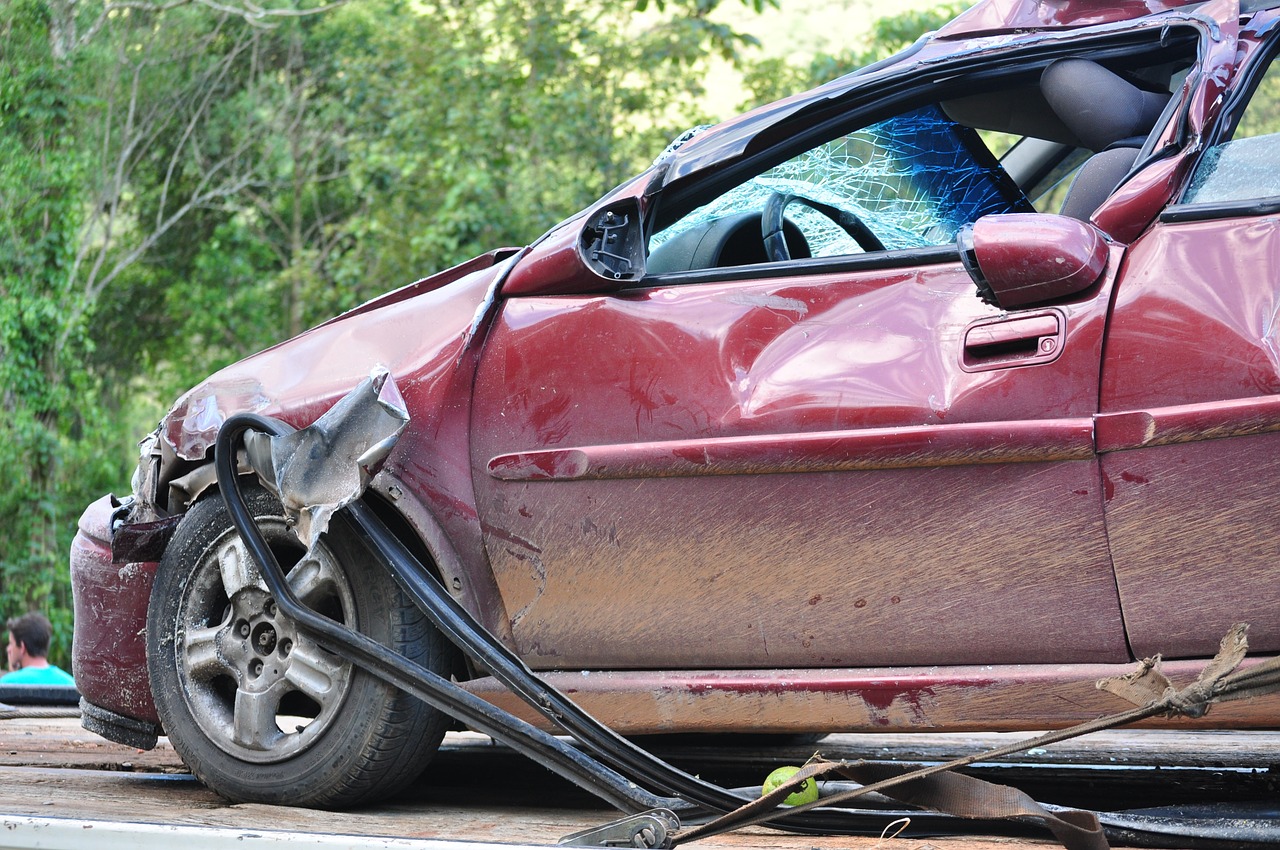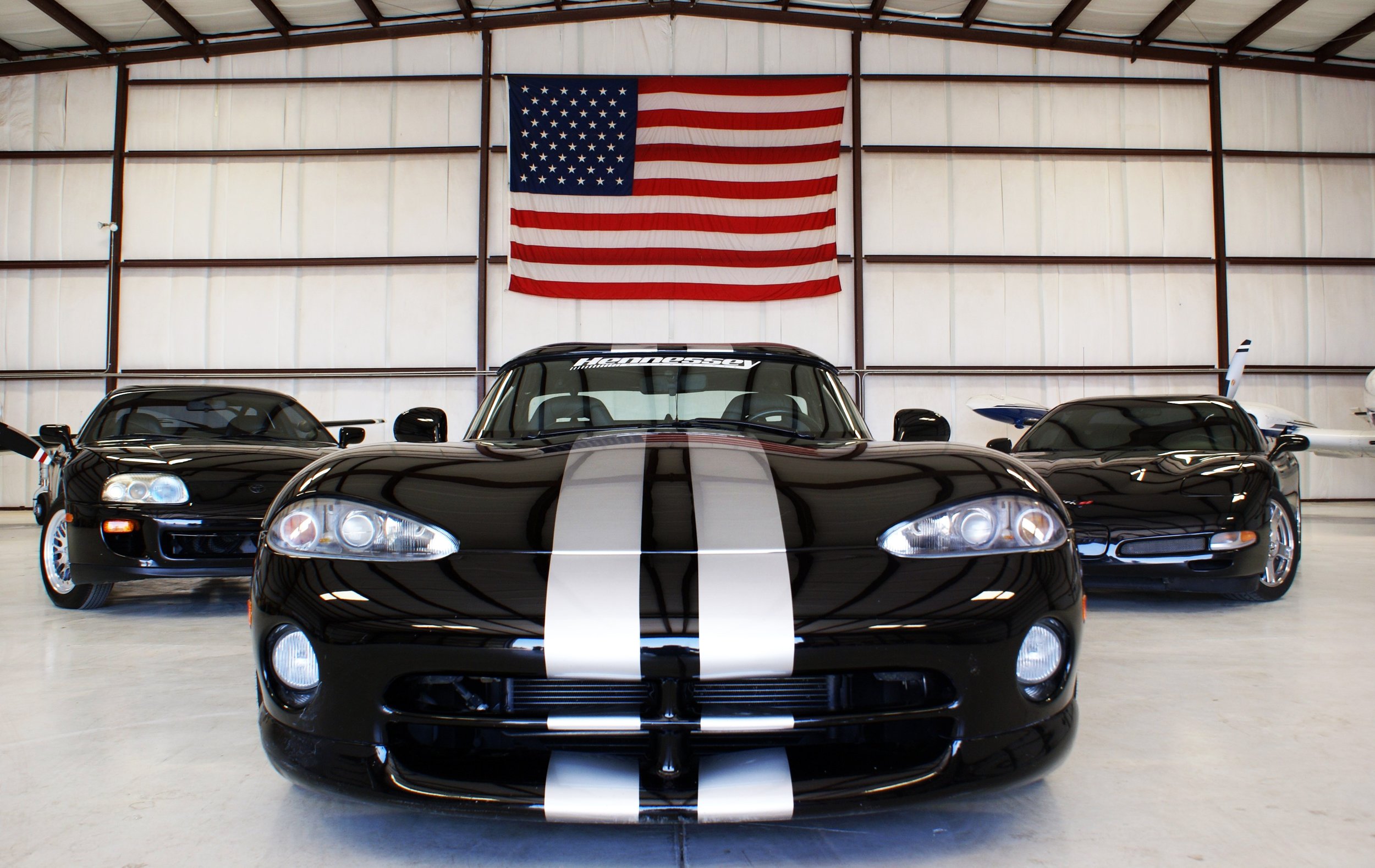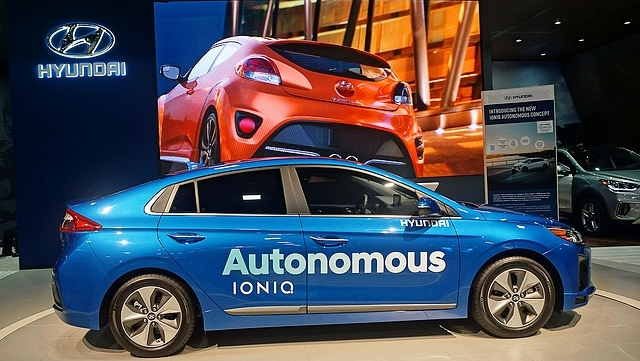A recent article by 24/7 Wall St., an online news site that publishes news articles about finance, technology, and other current events, ranked the 50 states in order of deadliest car crashes. This ranking was determined by looking at the number of car accident deaths in each state during 2016, and then adjusting that for population so the numbers read as fatalities per 100,000 people. In the listing of each state, 24/7 Wall St. also listed the number of car accidents in 2016 prior to the adjustment, the percentage of seatbelt use, the deadliest car accident holiday in each state, and the percentage of the car accidents that occurred in a rural area.
Michigan, despite having about a 95% seatbelt use, had the 9th highest number of fatal car crashes in 2016 at 1,064 deaths! According to the Michigan State Police, in 254 of the car crash deaths, alcohol was involved, in 139 drugs were involved, and in 141, both alcohol and drugs were involved. In 206 of the 1,064 fatal car accidents, the passengers or drivers were not wearing a seat belt. In fact, those not wearing seat belts were 44 times as likely to be killed in a car accident than those who were wearing seat belts. Finally, 52 of the 1,064 fatal car crashes occurred in the snow and 72 occurred in the rain, but a whopping 609 occurred in clear weather! 24/7 Wall St. also stated that rural areas are more dangerous locations for car accidents because they often have higher speed limits and are lined with trees and telephone poles. Proving this correct is the fact that 40% of Michigan’s fatal car accidents occurred on rural roads.
The Michigan State Police reports that 30.6% of fatal car crashes occurred at intersections. They compiled a list of the most dangerous intersections in Michigan based on the number of car crashes that occurred at each intersection in 2016. The most dangerous intersection of the year was Ford Road at Lilley Road, with 85 car crashes, 26 of which lead to car accident injuries. Trailing right behind is 12 Mile Road at Dequindre Road, also with 85 car crashes, and 20 car accident injuries. Another infamous intersection where many metro Detroit car crashes occur is the intersection at 12 Mile Road and Telegraph Road, an area notorious for having a high speed limit, and having heavy rush hour traffic.
Out of the 1,064 car crash fatalities that occurred in Michigan in 2016, it is safe to say that many of them could have been prevented since most of the car crashes occurred in clear weather. In fact more car crash deaths were caused by drugged driving or drunk driving than were the caused by bad weather, and drugged driving and drunk driving are completely preventable actions! It is up to each driver to prevent car accident injuries and car crash fatalities by following safe driving practices in order to lower Michigan’s reputation as a car crash prone state.
Everyone knows someone who has been in a terrible car accident, and as a result, has suffered painful and life altering injuries, not to mention the medical bills that go along with them. There is no excuse for irresponsible and reckless driving practices. If you or a loved one have been injured in a motor vehicle accident due to a negligent driver, contact The Michigan Law Firm, PC at 844.4MI.FIRM. Our attorneys fight for Michigan’s injured drivers.









